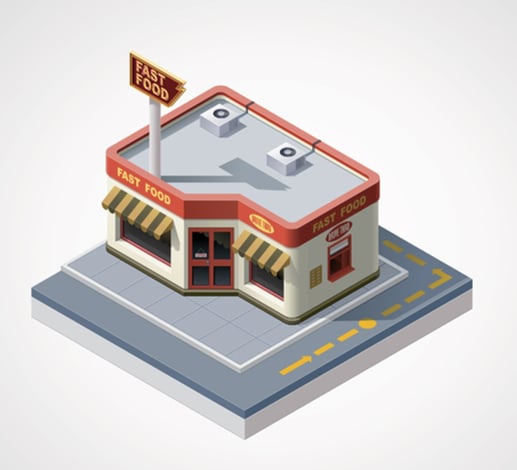Owners of commercial property, both large and small, are complaining about skyrocketing property taxes. Many of them are even hiring tax consultants to reduce their property tax commercial liabilities and, in the process, enjoying substantial savings. In fact, filing an appeal against the property assessment is highly recommended.
But even when you hire a tax consultant for the property assessment appeal process, you should be an active participant for many reasons. Your commercial property and the profits derived from it are at stake so being actively involved is a must. You will also benefit from the knowledge that can be gained from working with a reliable tax consultant.
Download the Tax Assessment Appeal Guide
With that said, here are three things that you should know about increasing your chances at getting large property tax commercialrefunds.

#1 Make Your Individual Case
Keep in mind that the county’s assessors usually determine the assessed values of commercial property by using mass appraisal methods. The process involves analyzing market characteristics and influences affecting classes of similar properties in the same market area. As a result they do not conduct individual assessments on each property. The factors analyzed can include occupancy rates, rent and vacancy rates,operating expense ratios and comparable sales. The information is obtained through market surveys and deed records.
The result: Your commercial property can be over-assessed because of its unique circumstances, such as age, quantity and quality of facilities, rent and vacancy rate, etc. For this reason, you must make your individual case by pointing out its unique conditions. You have the responsibility to explain the reasons for the over-assessment and to request adjustments.
#2 Critique Your Property
Remember, too, that the county’s local assessors may only inspect the façade of your commercial property, as well as look at its income and expenses, if you make it available. You must then point out all negative things that have an impact on its fair market value including:
- Repairs needed to the building such as roofs, exterior walls, drives, etc.
- Replacements in its systems, such as the lighting, plumbing, and HVAC systems
- Land improvements needed, such as landscaping of the premises
Your goal: Make the local assessors aware that the property’s assessed value is incorrect considering the repairs and replacements needed. Becoming your property’s worst critic has its benefits.
#3 Point Out the Effective Rent
The county will likely use market rental rates in making property assessments, a problematic approach considering the unique condition of each commercial property. Your job then is to work with your hired tax consultant in pointing out unique conditions like:
- Rental concessions needed to attract new tenants
- Functional problems that new tenants avoid
- Brokers’ commissions and other expenses
You’re making the local assessors aware of the income-earning differences between your commercial property and other property in the area.
You may also want to attend appeals hearings, which are usually open to the public, for other commercial property in your area. You can learn plenty of things about making a winning appeal, aside from the steps taken by your tax consultant.
Conclusion
Most important about getting large property tax commercial refunds is that you will not get what you don’t work for, much less ask for. You have to file a formal appeal and follow the appeal process so that your chances of getting the refunds increases.




